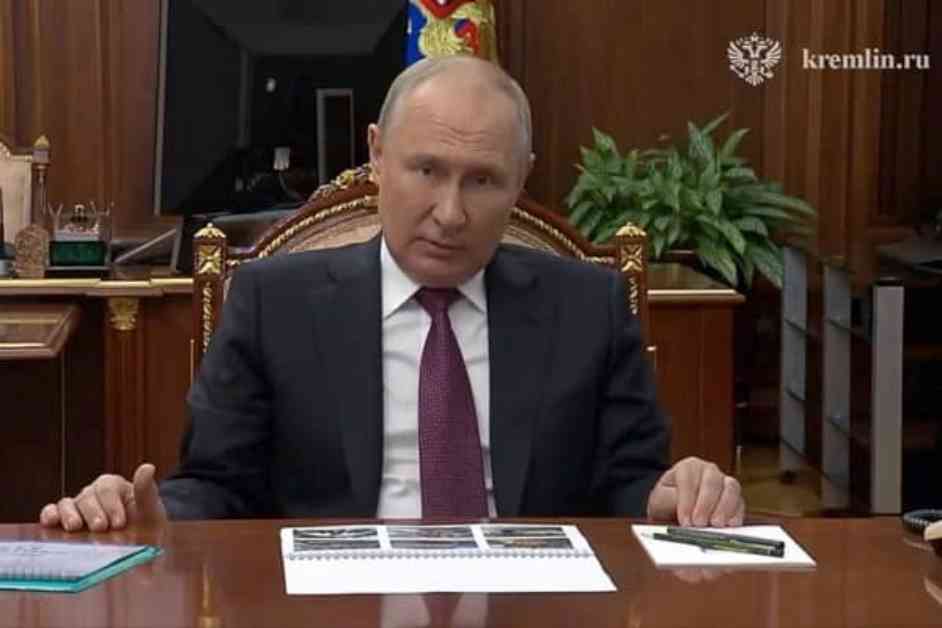Moscow has issued a warning to the United States, expressing concerns that their cooperation with Kyiv could escalate the conflict between Russia and the West into a full-scale war. Russian Deputy Foreign Minister Sergey Ryabkov pointed to Kyiv’s ambitious plans as the main cause of the ongoing crisis. He emphasized that Washington’s support for Kyiv’s aggressive actions could lead to a dangerous escalation.
The Biden administration and the Pentagon have cautioned Ukraine against using American-supplied long-range missiles for deep strikes inside Russia, as this could further exacerbate tensions between the US and Russia. Despite Ukrainian President Volodymyr Zelensky’s belief that such strikes could help end the war, Ryabkov reiterated that these actions would not change Russia’s stance on the conflict.
In response to these warnings, the new NATO secretary general, Mark Rutte, has affirmed Ukraine’s right to target legitimate military sites within Russia to protect civilian lives. He stated that under international law, Ukraine has the right to defend itself, even beyond its borders. This position is likely to provoke a strong reaction from Russian President Vladimir Putin and the Kremlin, who have previously threatened nuclear retaliation in the event of such attacks.
Belarusian President Alexander Lukashenko has also issued a stark warning, suggesting that both Minsk and Moscow would be prepared to use nuclear weapons if they face an attack. Putin has adjusted Russia’s nuclear doctrine, indicating that any long-range attacks by Ukraine using aerospace weapons could trigger a nuclear response. Dmitry Medvedev, deputy head of the National Security Council, emphasized that any attack on Russia with the involvement of a nuclear-armed country would be considered a joint assault.
The escalating tensions in the region underscore the urgent need for a diplomatic resolution to the conflict. The international community must work together to prevent the situation from spiraling into a full-scale war, which could have devastating consequences for all parties involved. It is crucial for all stakeholders to prioritize dialogue and negotiation in order to avoid further escalation and protect the lives of civilians caught in the crossfire.












